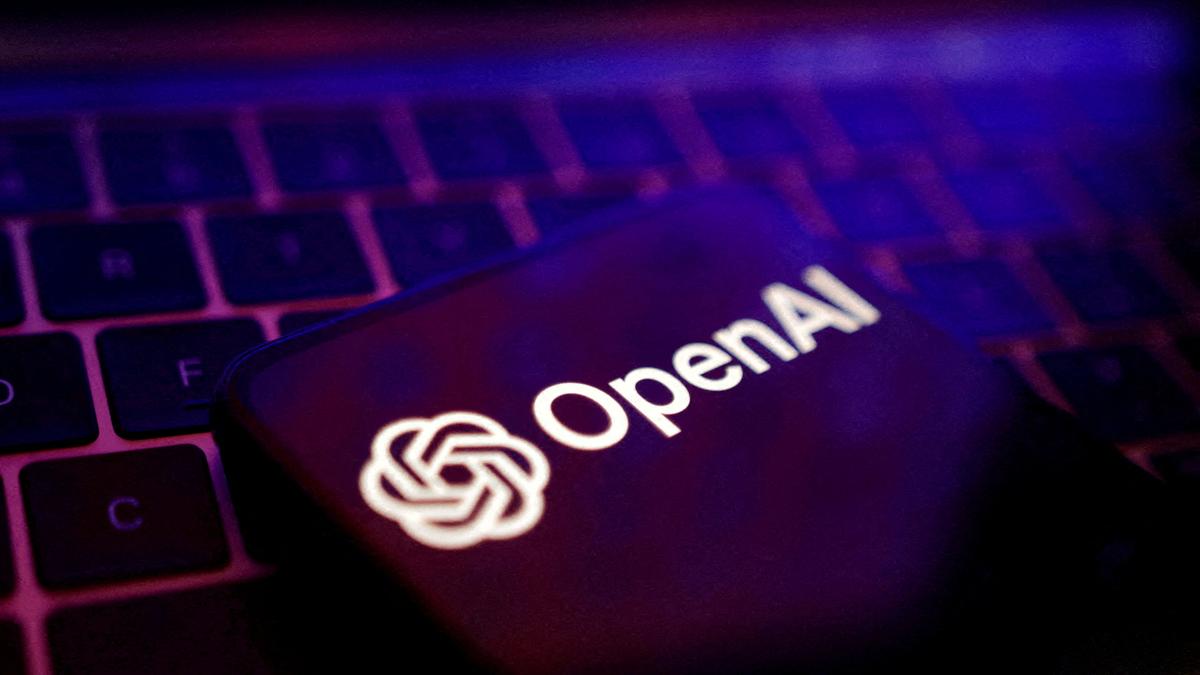Former OpenAI Employees Petition SEC to Probe Alleged Restrictive Non-Disclosure Agreements
Science & Technology SciencePosted by pallavi on 2024-07-15 13:34:56 |
Share: Facebook | Twitter | Whatsapp | Linkedin Visits: 63

OpenAI whistleblowers have taken a significant step by filing a complaint with the U.S. Securities and Exchange Commission (SEC), alleging that the company imposed overly restrictive non-disclosure agreements (NDAs) on its employees. According to the whistleblowers' letter, seen by Reuters and shared by Sen. Chuck Grassley's office, these agreements purportedly required employees to waive their federal rights to whistleblower compensation. This move is seen as a deterrent to employees speaking out about potential issues within the company, particularly concerning AI development and deployment risks.
Sen. Grassley emphasized the importance of protecting whistleblowers, stating that OpenAI's policies could discourage employees from reporting important concerns to federal authorities. The complaint seeks SEC intervention to investigate and potentially penalize OpenAI for each improper agreement identified. It also calls for a review of all contracts containing NDAs, including employment, severance, and investor agreements. These actions underscore broader concerns about transparency and accountability in the rapidly evolving field of artificial intelligence, where ethical and regulatory frameworks are still developing.
OpenAI, known for its advanced AI technologies and influential role in shaping AI policies globally, has formed a Safety and Security Committee to oversee the responsible development of its AI models. However, the whistleblowers' allegations raise questions about whether internal policies align with regulatory expectations, particularly in safeguarding employee rights and encouraging ethical practices. The outcome of the SEC investigation could have significant implications not only for OpenAI but also for how AI companies manage internal disclosures and protect whistleblowers in the future.
Search
Categories
Recent News
- Pune Hit-and-Run Leaves BJP Spokesperson's Mother Critically Injured
- Ajit Pawar's Final Words: NCP Releases Emotional Audio
- Amit Shah's Final Push: Tackling Naxalism in Chhattisgarh
- CCTV Captures Shocking Drink Spiking Incident at London Nightclub
- Justice for Epstein Victims: Securing Privacy After Redaction Failures
- Unlocking the Secrets of India's Currency Notes
- Cortina's Village: A Winter Sports Haven
- Domestic Violence in Karnataka: A Shocking Act of Jealousy